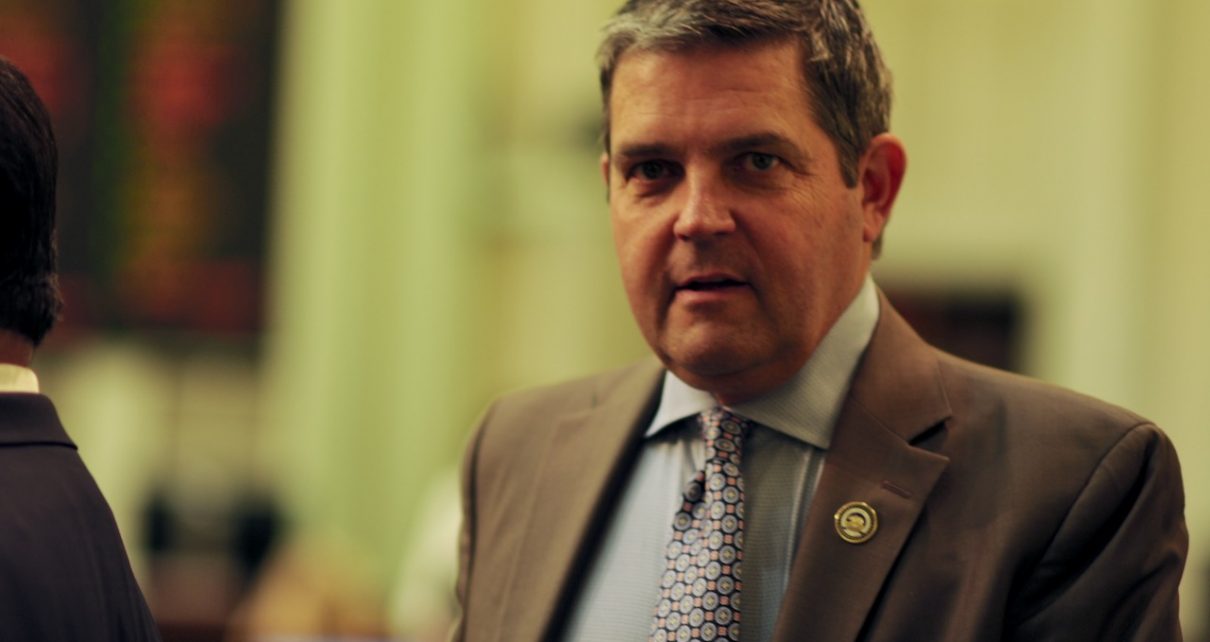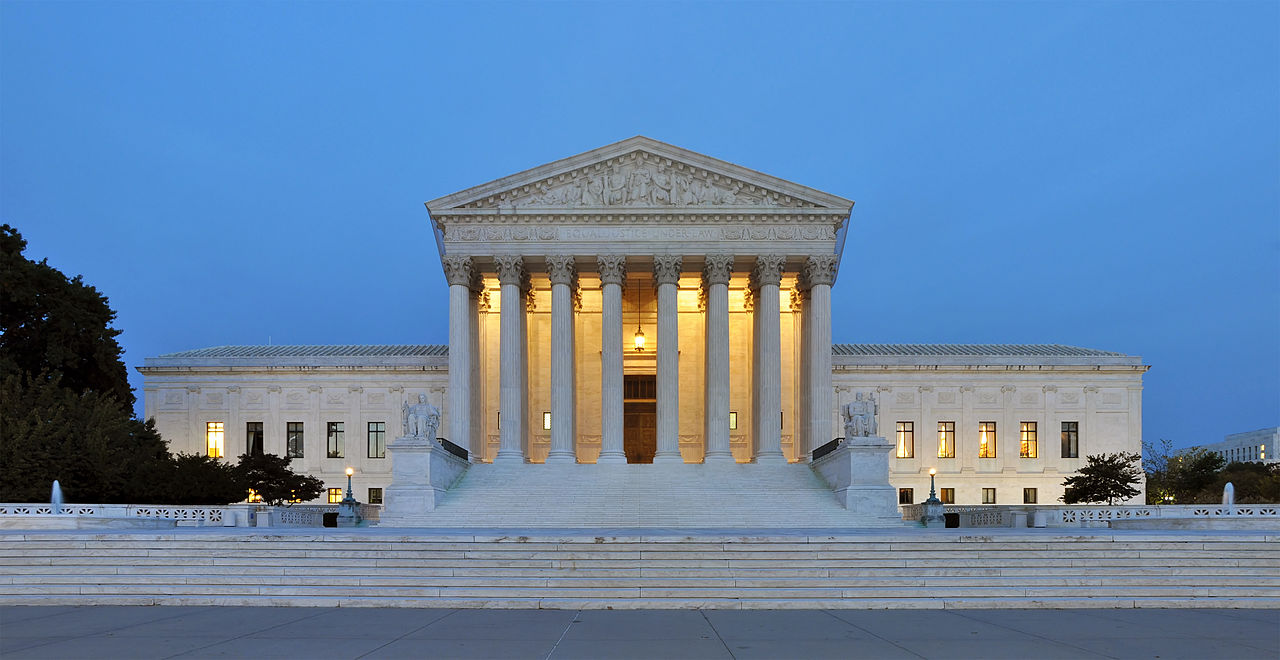
Assemblyman Jim Wood. (Kevin Sanders for California Globe)
Federal Court Temporarily Stops Dialysis Premium Law From Going Into Effect
The controversial AB 290 law is held up over dialysis patients who would not afford the procedure under new law
By Evan Symon, January 2, 2020 3:33 pm
AB 290, the new dialysis law that would curtail dialysis providers from making a profit when insurance premiums are covered by a third party, has been temporarily halted by an injunction granted by a federal court.
A battle over dialysis profits

AB 290, which was authored by Assemblyman Jim Wood (D-Santa Rosa), was expected to take effect January 1st. But due to the medical risks the law would suddenly place on thousands of people, as well as possible violations of the rights of patients, U.S. District Court Judge David Carter acquiesced and granted the injunction.
“Considering both the likelihood that A.B. 290 will abridge plaintiffs’ constitutional rights and the extreme medical risks it poses to thousands of patients, the court finds it obvious that the public interest favors a preliminary injunction, and that the balance of the hardships tilts strongly in plaintiffs’ favor,” noted the courts ruling.
Many dialysis centers had been preparing for the change before the ruling on December 30th, with some noting that the confusing language of the bill had taken some time to explain to patients.
“The bill had been grounded down to political and medical language,” said Sarah Cornish, a nurse who assists dialysis payments. “But essentially it means that if you’re using a third party to pay for the premiums, then it limits how much can be paid to us, the people who offer dialysis services, and how much they may make.
We were bracing for a lot of companies to stop doing this for patients on the first of the year, but this has given everyone some time.”
Assemblyman Wood temporarily loses on one of his hallmark bills
Supporters of the new law were dismayed with the courts ruling.
“I am extremely disappointed to read the court’s order granting the plaintiff’s motions for a preliminary injunction of AB 290,” said Assemblyman Wood. “It has been my goal to ensure that every Californian has health care, and to do so requires our efforts to contain increasing health care costs that are making coverage unaffordable for many. This injunction is consequential because it emboldens the corporate duopoly of Fresenius and DaVita to continue to gouge the health care system in order to increase their profits.”
Over 3,700 dialysis patients no longer at risk
Supporters have also said that, due to the injunction, many companies will continue to make money off the suffering of those who use dialysis, and that they may have to pay more while the new law is held up by the court.
Those against the bill have praised the courts decision, stating that it will keep thousands of Californians alive and on dialysis, with groups such as the NAACP pointing out that many of those who were about to possibly lose access to dialysis were low-income and mainly minority.
When the bill was signed last year, the American Kidney Fund (AKF), a third party payer was outraged at AB 290.
“By signing AB 290, Governor Newsom today has thrown 3,700 low-income, mostly minority dialysis and transplant patients into an avoidable crisis of the legislature’s making,” noted the AKF in a statement. “We think it is unconscionable to target some of the state’s sickest patients for discriminatory insurance practices that benefit no one but insurers.”
But this week the AKF changed their tune when the court ruling came through.
“Today, the American Kidney Fund joins 3,700 low-income Californians living with kidney failure in applauding the decision by Judge David Carter in the U.S. District Court for the Central District of California to grant an emergency injunction preventing A.B. 290 from becoming law,” said American Kidney Fund President LaVarne Burton. “Because this injunction prevents A.B. 290 from becoming law, pending the outcome of a trial, AKF can continue to serve California’s low-income dialysis and transplant patients who depend on AKF for charitable premium assistance. We will also immediately re-open the program to new grant applicants who qualify for assistance.”
The next court date to decide the fate of AB 290 from becoming law in California is expected sometime early this year.
- Bill to Require Law Enforcement Disclosure if AI Was Used To Help Write Reports - August 7, 2025
- Gov. Newsom Files FOIA Request To ‘Expose True Cost’ Of L.A. Federal Troop Deployment for Anti-ICE Riots - August 6, 2025
- California Redistricting: How Newsom’s Plan Will Demolish Hard Fought GOP Gains - August 6, 2025




